The danger of ghost nets. A journey with Marco Spinelli to raise public awareness of the issue of marine ecosystems.
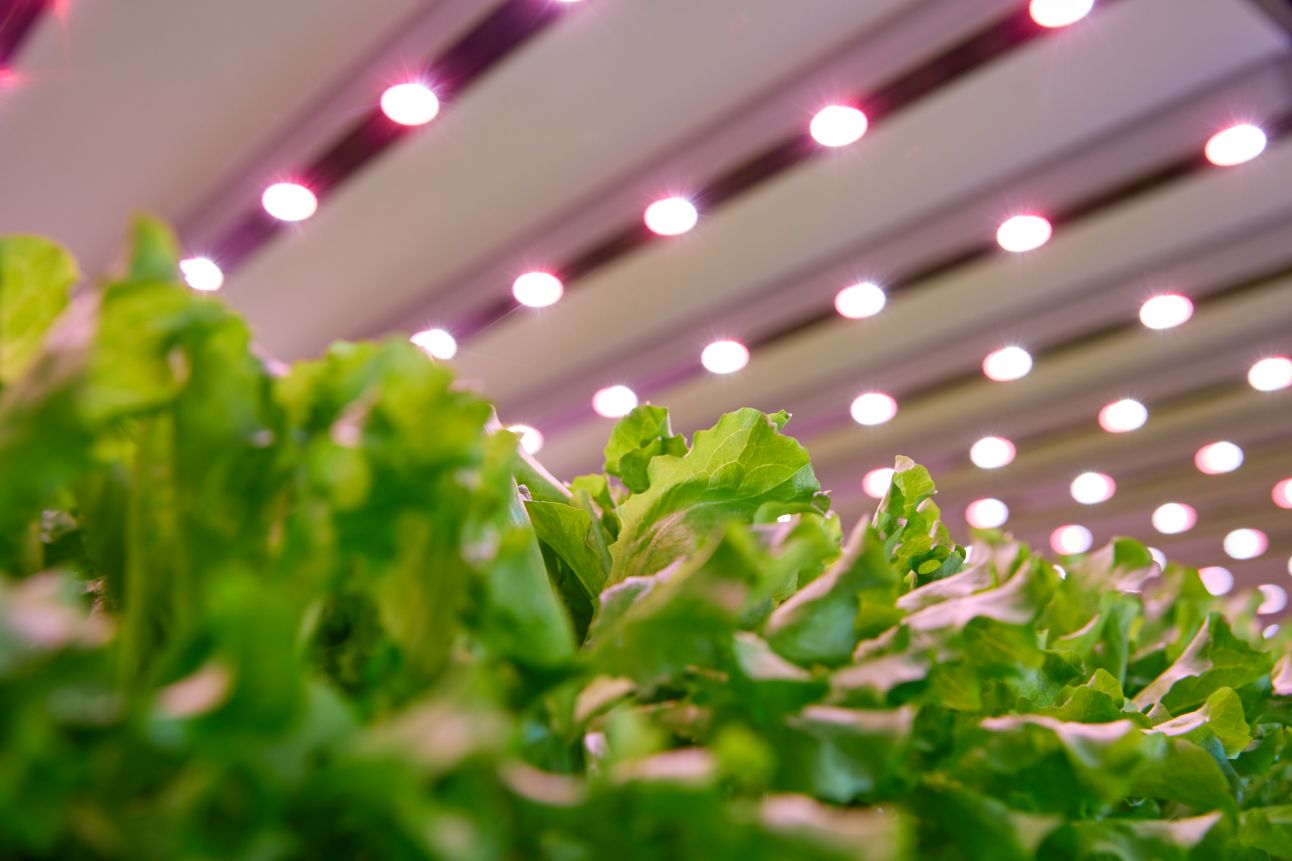
The global population is continuously growing, and with this comes the demand for food. However, the amount of fertile soil and water available is diminishing. Climate change is not helping.
A revolutionary solution to the critical potential of these two trends is vertical farms, which are actual buildings designed to recreate the ideal environmental conditions for the growth of various types of plants and vegetables, aiming to restore the level of productivity that has been lost over the years elsewhere, introducing it into urban centres.
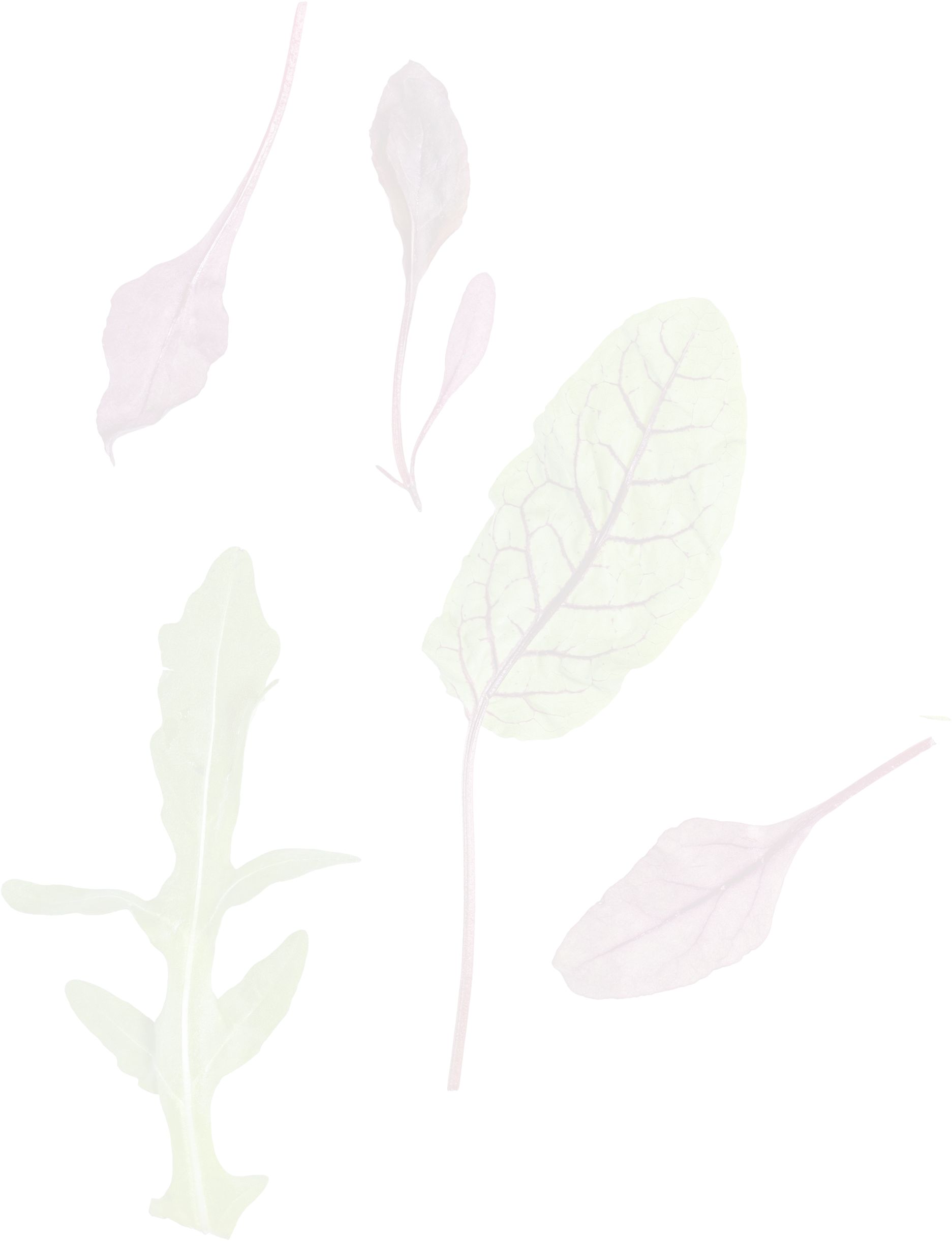
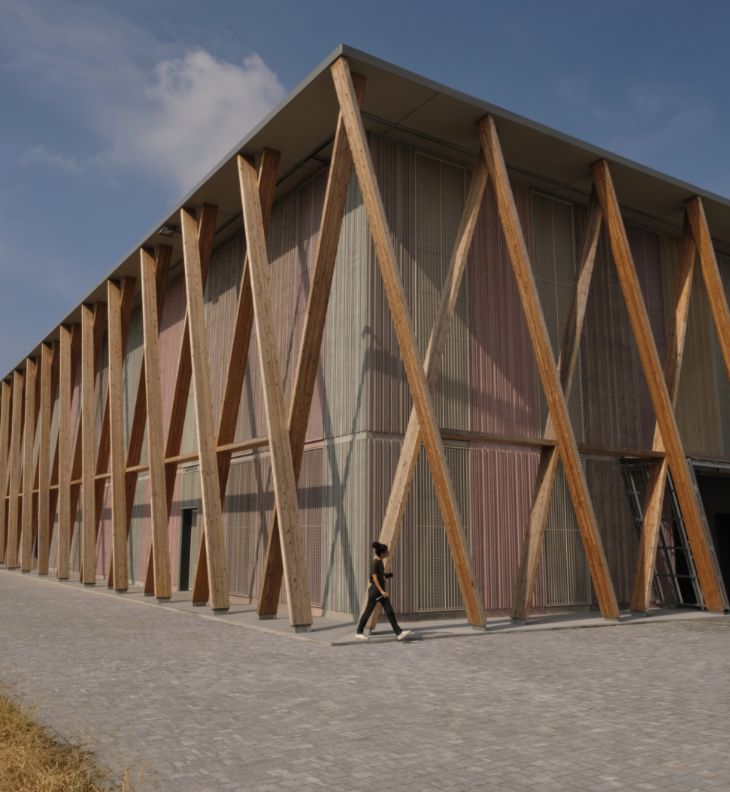
Vertical farming is an innovative idea for urban agriculture, a connected system that brings together state-of-the-art technology, agriculture and social responsibility.
There are three main cultivation methods:
- hydroponics, the most common, which involves bathing the roots of the plants in a solution of water, minerals and nutrients;
- aquaponics, which combines agriculture and fish farming. Plants and fish coexist in the same environment: the roots of the plants exploit the nutrients in the tanks that house the fish, and the plants purify the water for the fish;
- aeroponics, which involves misting the plants with a solution of water and nutrients.

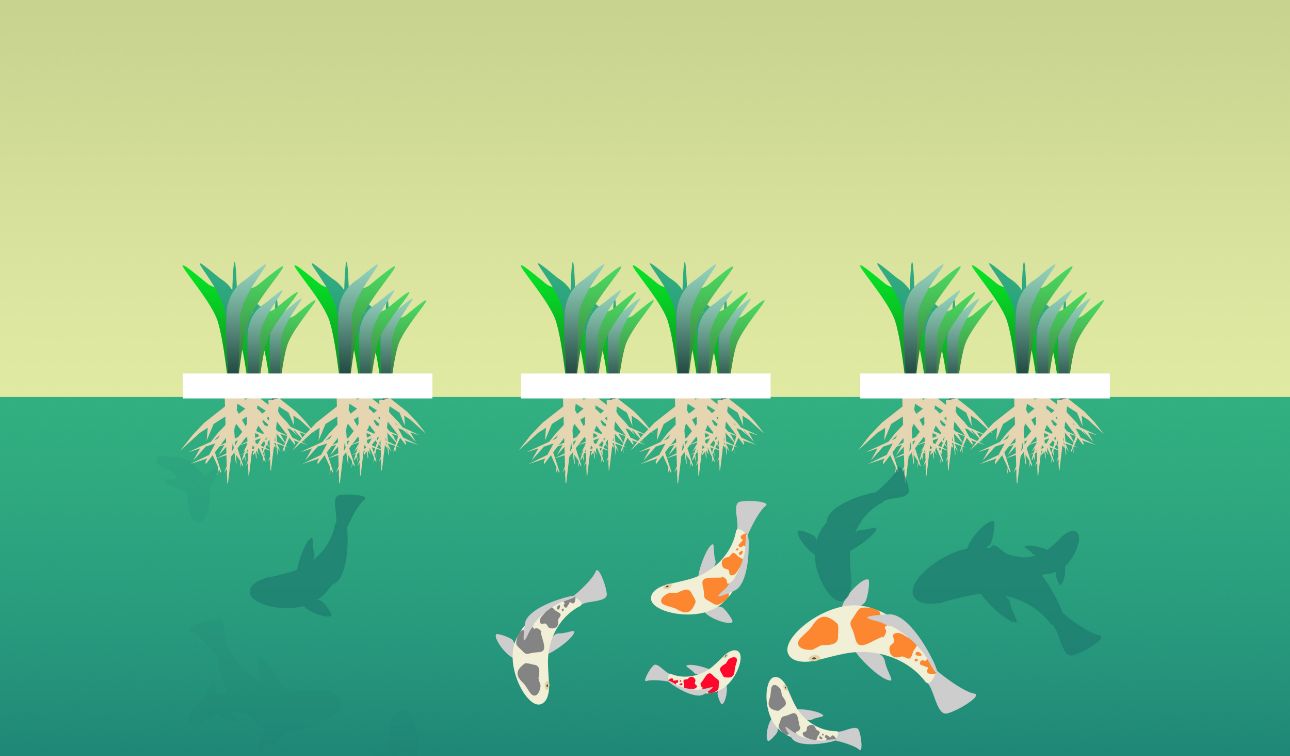
In each case, the immediate savings in terms of water and soil are evident. The cultivation system is in a closed cycle, with zero waste, and limits contamination from pollutants and external factors as much as possible. An excellent system for local self-production!
Vertical farms are suitable for small plants with a short life cycle: the shelves are positioned around 30-40cm apart from each other, and long cycles risk having an impact on energy costs.
The first example of a vertical farm in Italy was presented in Milan on the occasion of the 2015 Expo, the result of a collaboration between ENEA (National Agency for New Technologies, Energy and Sustainable Economic Development), Agrimercati and the Department of Health for the Lombard city: Skyland. Again in Italy, one of the most recent is the Planet Farms project, which has created the largest vertical farm in Europe, in Cavenago di Brianza, on the outskirts of Milan.
The business idea came from two childhood friends, Luca Travaglini and Daniele Benatoff, who developed a system for cultivating plants anywhere, all year round, in an environmentally sustainable way. Determination and strategic vision have led to a virtuous interpenetration of innovation, technology and the art of agriculture, forming a business model that guarantees fresh, high-quality products that are always available.


As of today, the most important supermarket chains stock five of their products with fun, ironic names: LATTUGOOD for lettuce, YUMMIX Piccante (Spicy), Orientale (Oriental) and Delicato (Delicate) for salad mixes, and RUCOOL for rocket, while they have recently presented PESTOOH, Planet Farms' pesto made with basil grown using vertical farming.
The inspirational values of Planet Farms are: Fresh Thinking, Innov-Action, Responsible Minds, Growing With Gusto. These values are also fully shared by the employees, who, thanks to their dedication, passion and skill, have managed to position Planet Farms as one of the Italian companies most attentive to the future of the agricultural sector. The "Planet Farmers" are committed to making it possible to achieve the dream of a new type of agriculture: good, sustainable, healthy and accessible to all.
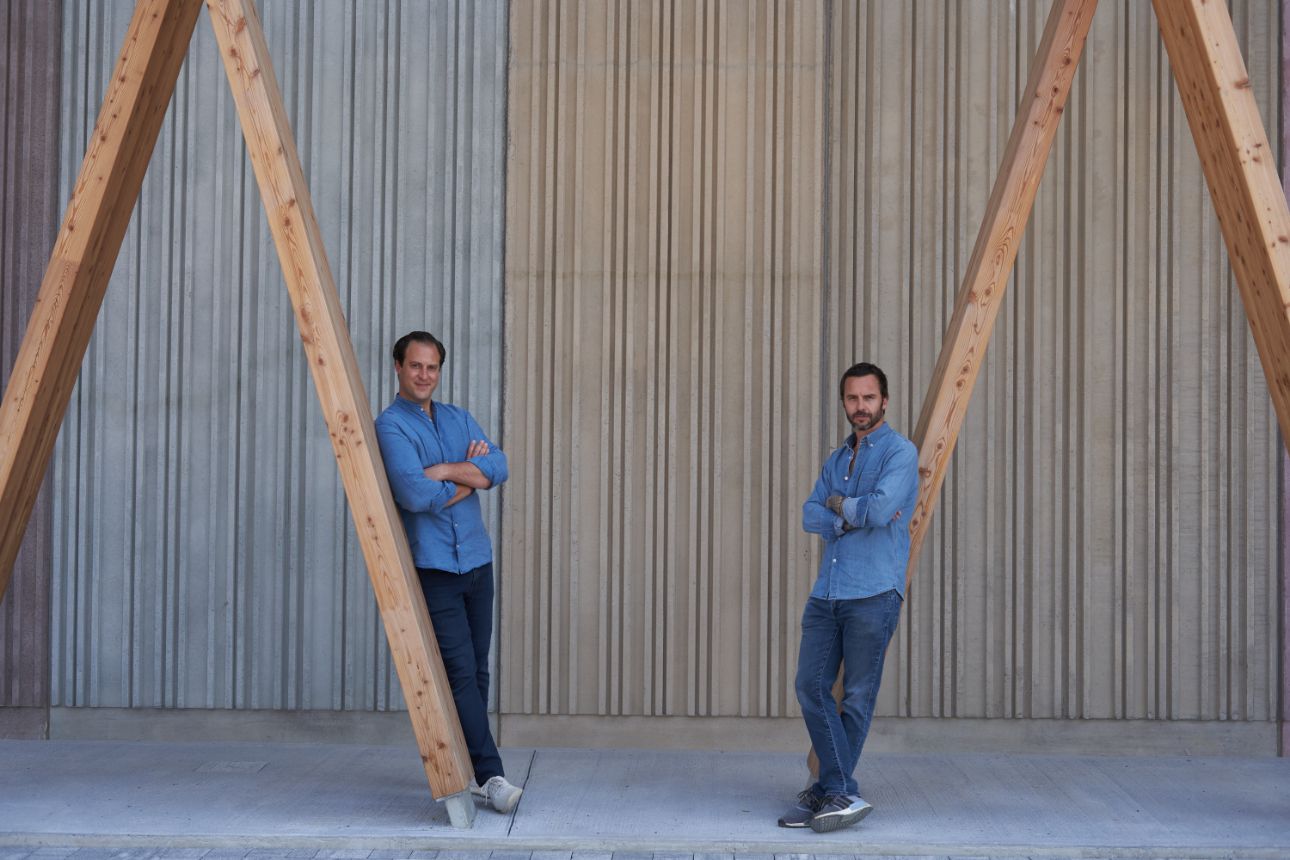
We had the pleasure of having a direct conversation with Luca Travaglini, to ask him some questions based on our encounter with Planet Farms.
"Absolutely not - in fact, it is the very opposite. At Planet Farms, the plants receive the ideal mix of light, heat, water and mineral salts, according to cycles that respect the plants' physiology. Furthermore, thanks to the total absence of natural enemies, guaranteed by the protective environment of the growing rooms, no pesticides or weed-killers are needed, and it is therefore possible to cultivate plant varieties with pure seeds, not chemically or genetically treated, which today would be impossible to grow in an open field. This allows us to safeguard the biodiversity of plants, both inside and outside our facilities. At Planet Farms, we create an ideal environment to grow pure seeds of all varieties, at the same time leaving more space outdoors that can be restored to its natural agroforestry cycle, and this way we encourage biodiversity. Finally, our products are rich in flavour and nutrients, and suitable for all diets."
"The world of Planet Farms is built with respect and care for the consumer: a large amount of our energy, both in terms of finance and people, is invested in the research and development of technologies that will allow us to continuously improve. Our products, currently salads and pesto made with basil grown in our facilities in Cavenago, are top-of-the-range, both in terms of nutritional value, and flavour and quality, and they are sold in supermarkets at prices in line with the market. Inside every bag of Planet Farms salad are salad leaves that have never been soaked, or come into any contact with water, making them lighter, as well as giving them a longer shelf life."
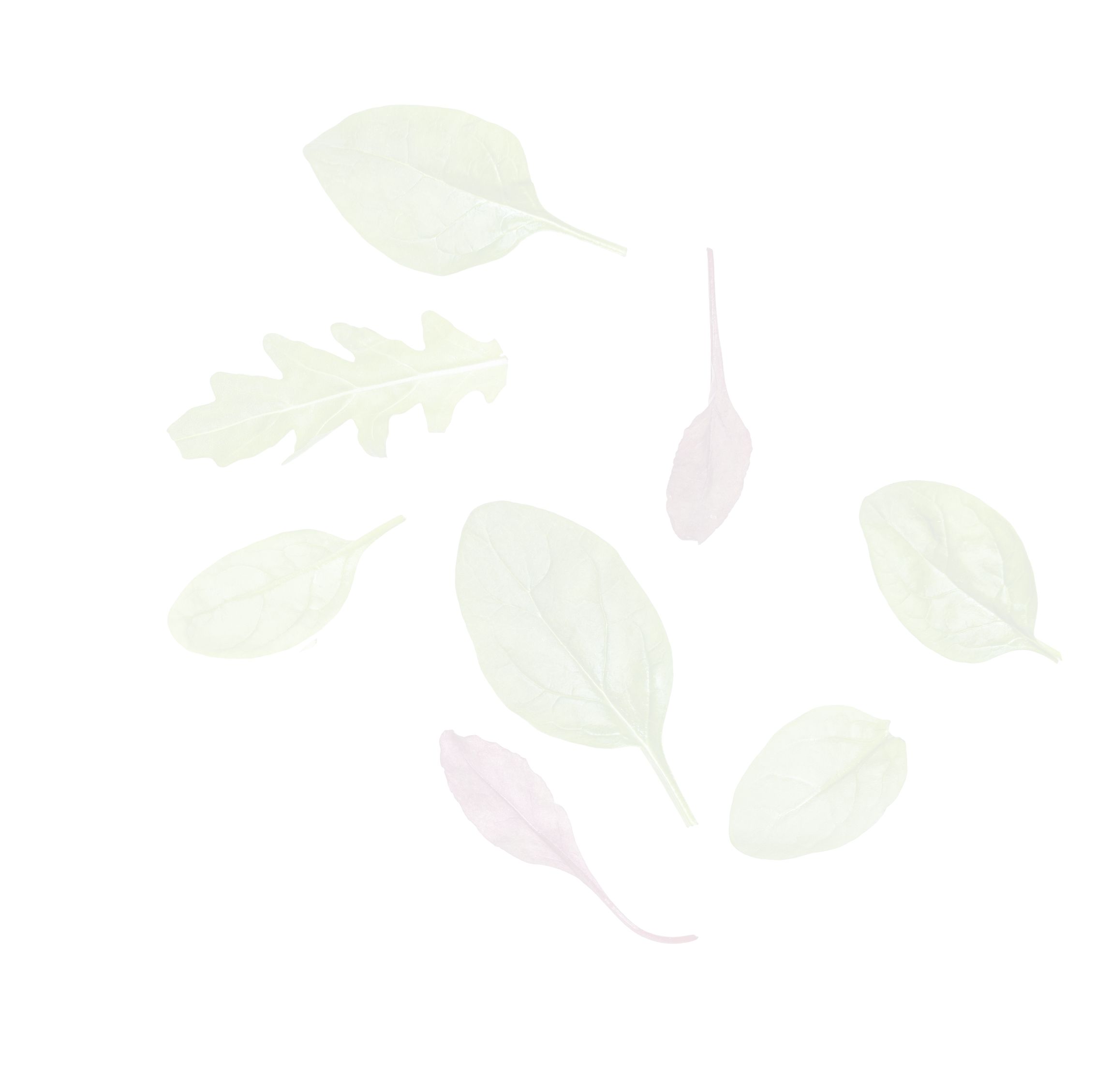
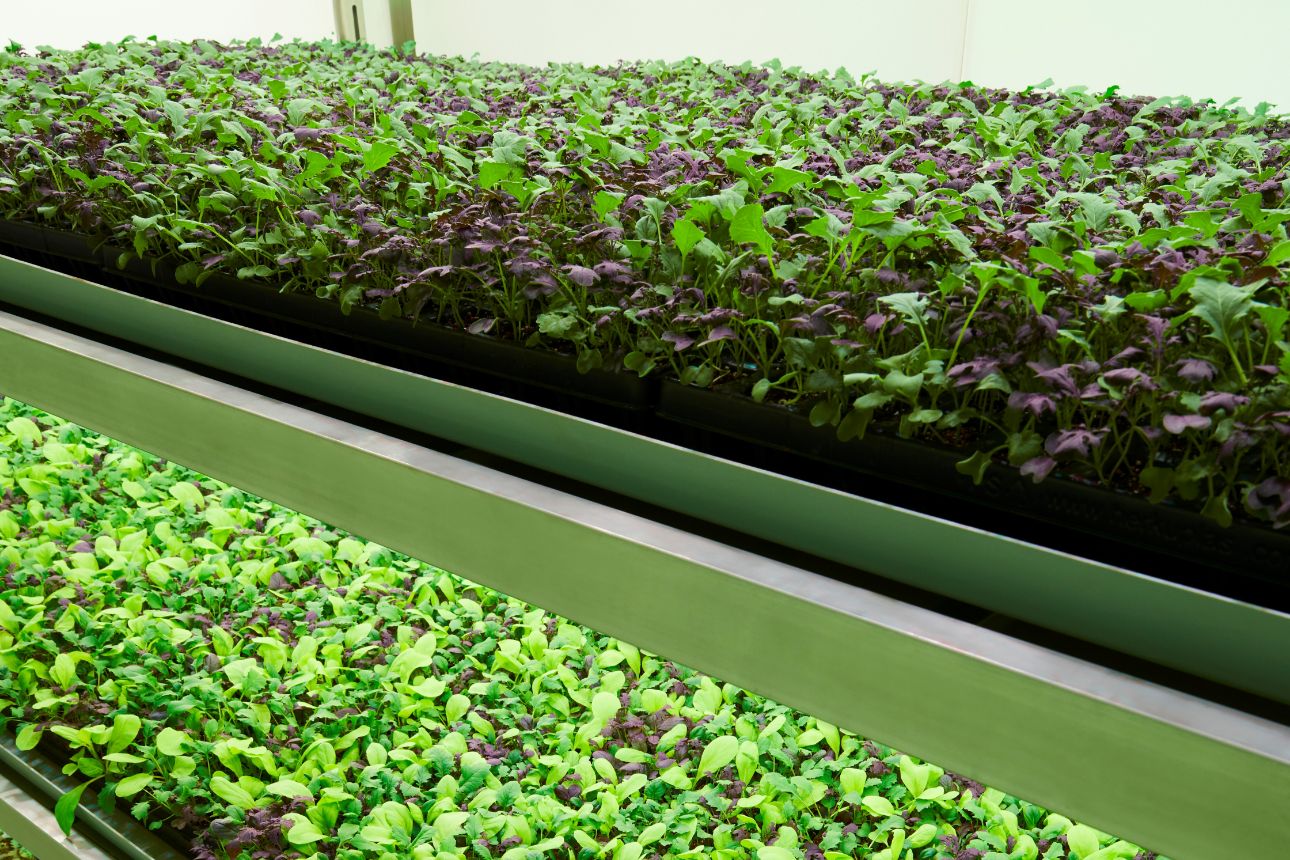
"Climate change and desertification put a lot of agricultural production at risk, and vertical farming is the most evolved solution for producing food all over the world, as close as possible to consumers. The cultivation system developed by Planet Farms allows us to save water and soil, and be producing 365 days per year, regardless of the effects of the climate. At our Cavenago facilities, water and mineral salts that are not absorbed by the crops are reintegrated and inserted back into the cycle. Only the water needed for the plants, no more and no less, is absorbed by the root apparatus and consumed, and this leads to a reduction in water consumption of over 95% compared to traditional cultivation and production processes. We can also attest to making great savings in terms of terrain: indeed, multi-level cultivation allows us to save over 90% of the soil used. Fields can therefore be restored to their natural state, encouraging biodiversity."
"The intention of Planet Farms is not to go against nature, but rather to observe it and give it further resources. Mankind has always tried to exploit natural resources according to our needs, occupying land, polluting the earth and the air with toxic substances - especially pesticides - to help plants to grow more productively. Many of these substances are currently one of the main causes of the death of many of the pollinating insects that are fundamental for the balance of our ecosystems. Thanks to Planet Farms' technology, it is possible to do without pesticides and give the space back to land that has become infertile, restoring the balance of its ecosystems, which is necessary for the survival of the planet and the human race."
The danger of ghost nets. A journey with Marco Spinelli to raise public awareness of the issue of marine ecosystems.
Soil conservation and the correct management of water resources: the strategy from CONAF which combines science, agriculture and ecology, protecting the planet.
